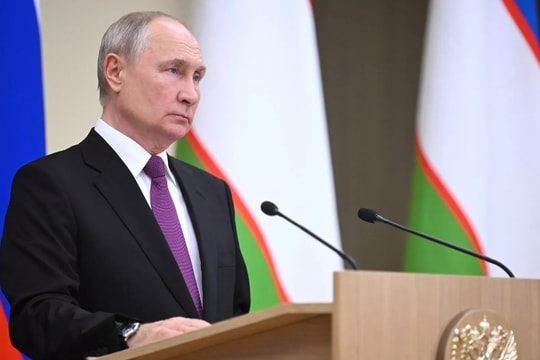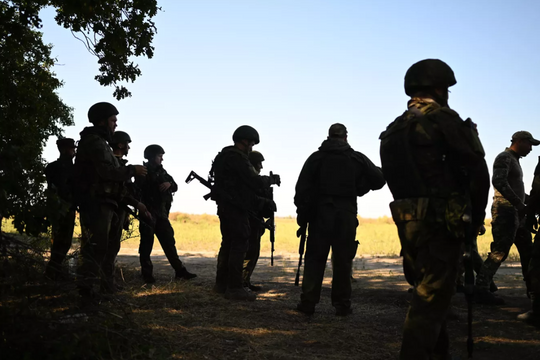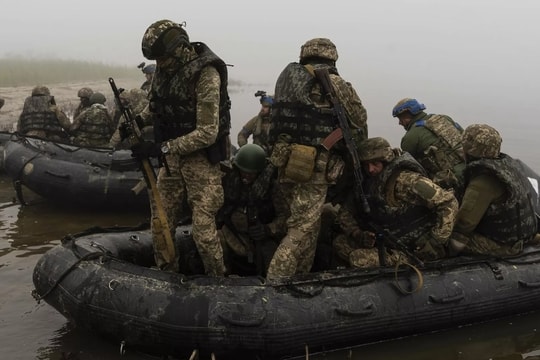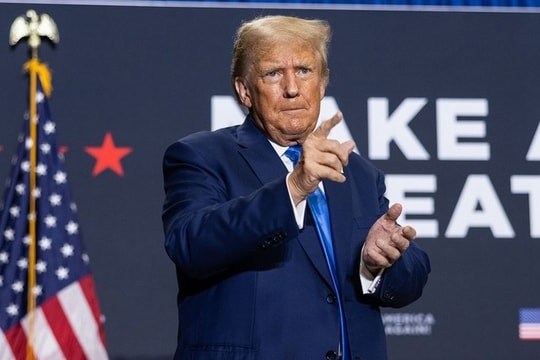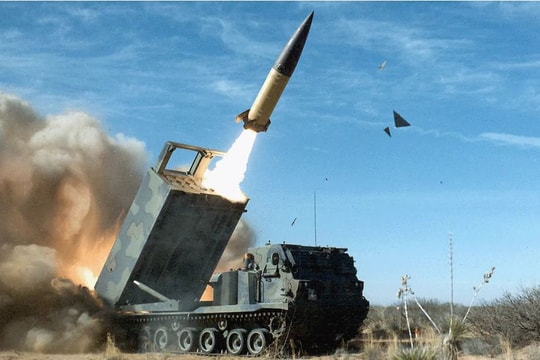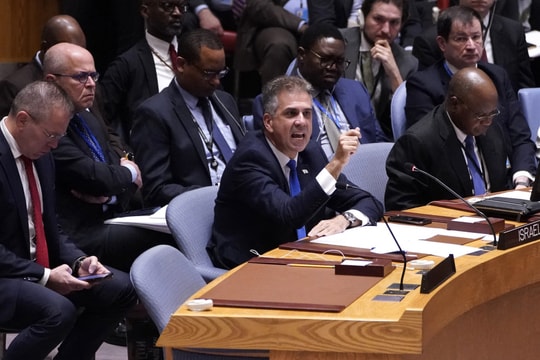Moscow compares EU's anti-Russia plans to Nazi-era policy
(Baonghean.vn) - According to RT, the European Union (EU) is looking to support Russian dissidents who are plotting to create a "power change" in Moscow.
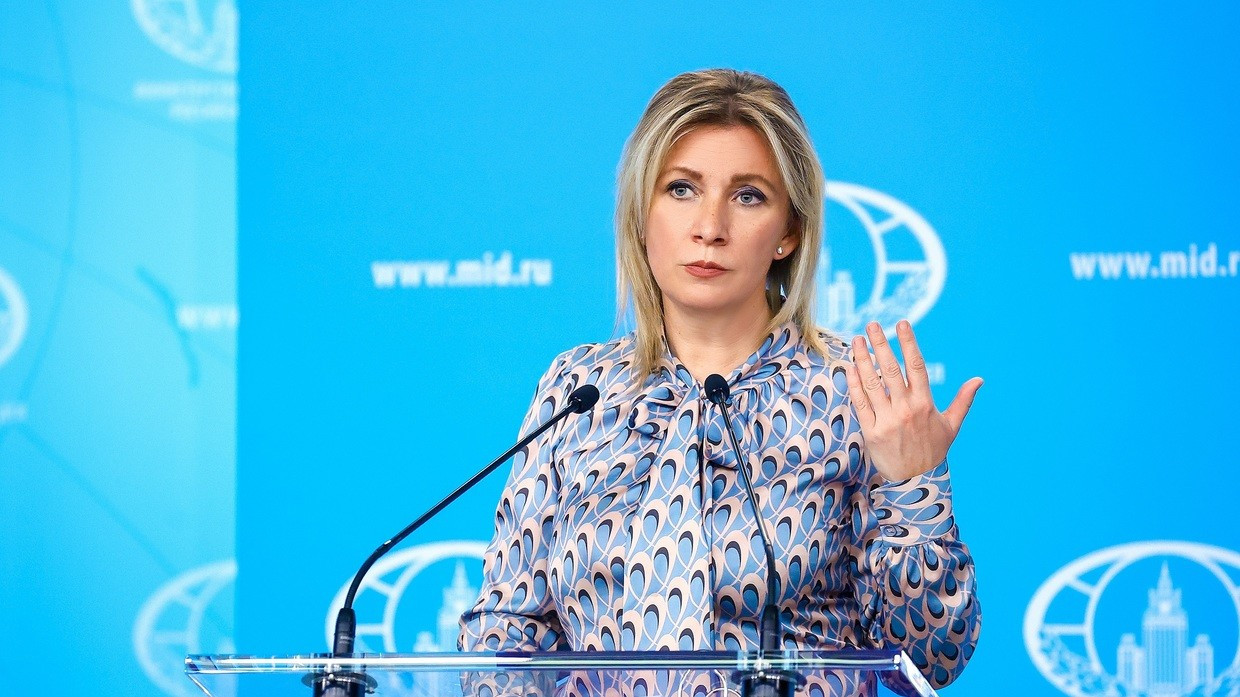
Russia's RT news agency reported on October 26 that Moscow recently accused the European Union (EU) of following Nazi Germany as the 27-nation bloc is considering a plan to issue special "democratic passports" to Russian opposition activists who are trying to change the regime.
Commenting on a recent draft document being considered by the European Parliament's Foreign Affairs Committee this week, Russian Foreign Ministry spokeswoman Maria Zakharova said the EU hopes to use Russian citizens as its "little assistants," drawing comparisons to the policies of the Third Reich.
“It is known that during the years of Nazi occupation, people who wanted to cooperate with the German authorities were offered to sign the so-called “Volkslist”, a special document that served as a passport,” the spokeswoman said, adding that the EU had similarly proposed “passports for decent citizens of Russia.”
The draft report, written by Lithuanian MEP Andrius Kubilius, calls on the EU to adopt a new, far-reaching strategy to pursue “power change in Russia,” asserting that it will work with “democratic forces” inside and outside Russia to overthrow the current leadership and establish a “transitional government.”
In that draft plan, the EU proposes a new “democratic passport” and “special visa arrangements” for Russian opposition activists working in “exile” from EU member states, and also proposes easing travel restrictions on Russian dissidents.
“They have big plans,” Zakharova continued, quoting the EU policy document: “The holders of ‘democratic passports’ will become the backbone of the EU after the victory of Ukraine and the defeat of Russia, which will open the door of opportunity for Russia’s transition to democracy.”
The Russian Foreign Ministry spokeswoman noted that, according to Soviet law during World War II, signing the German “Volklist” was “considered treason” and “prosecuted at the highest level of the law,” thereby calling on Russian lawmakers to “work out a possible response if the European Parliament approves such decisions.”
The European Union has imposed heavy sanctions on Russia since the conflict with Ukraine escalated in February 2022, and has also approved a long list of arms transfers to Kiev. It said it would continue those policies in the coming period, hoping for a “decisive Ukrainian victory” that would eventually pave the way for “fundamental political changes in Russia.”

